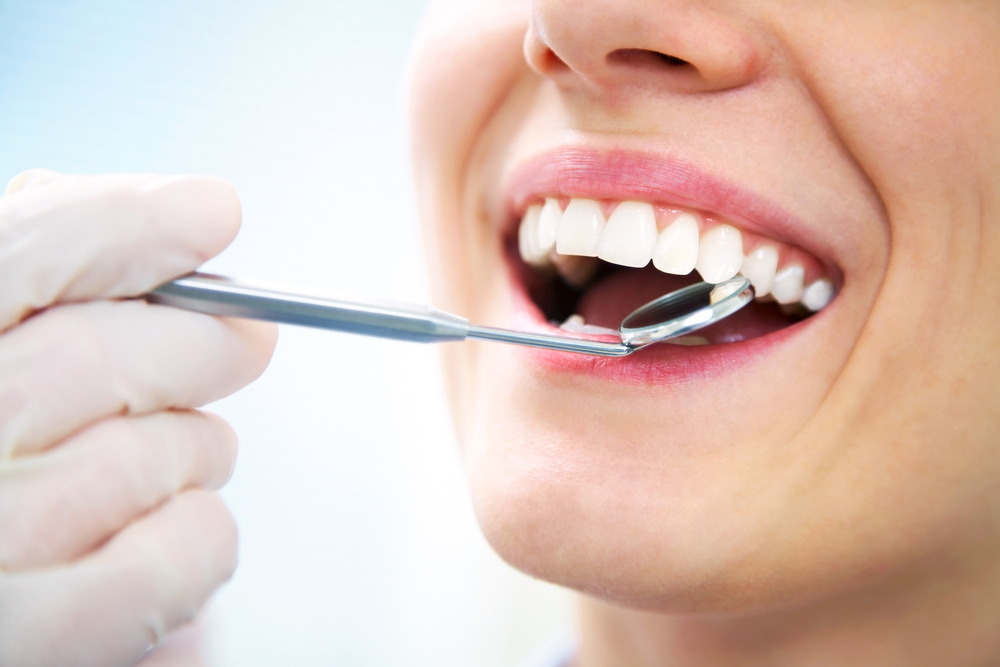
Good oral hygiene means more than just simple brushing. It’s not good to see yellow-colored teeth or damaged ones. Basic dental care does not only involve brushing and teeth-flossing regularly. It also means seeing the dentist for regular checkups and mouth cleanings. Various oral health care providers are involved in the care of your mouth, gums and teeth. It is best to see your dentist at least twice a year so that you can be assured of good oral health always.
Eating a mouth-healthy diet is also a part of good oral hygiene. This involves eating foods such as fruits, vegetables and healthy grains. This also involves avoidance of sweets, alcohol, too hot or too cold foods and other corrosive substances and foods that can bring about damage to the teeth and gums.
To keep our teeth and mouth healthy for a lifetime, there are some steps that we should follow:
Teeth and Gum Care
With proper care, our teeth and gums can stay healthy throughout life. The healthier the teeth and gums are, the less risk we have for tooth decay and gum disease. Avoid using tobacco products such as cigars and cigarettes, which can cause gum disease and oral cancer. Brush at least twice a day and use a good quality toothbrush that effectively removes food debris from your mouth. Floss regularly after eating to prevent tooth decay and gum disease.
Find a Dentist
A good dentist can be your long-term oral health partners. Thus, you should find a dentist that you and your family members can be comfortable with.
Toothpaste Options
From toothpastes to toothbrushes and mouthwashes, we need to make informed decisions about our oral health. Use fluoride-containing toothpaste. Fluoride helps prevent plaque buildup, tooth decay and cavities. Ask your dentist whether you need to use a mouthwash that contains fluoride or other substances that can help fight plaque.
By the time a child reached 6 months of age, parents should attend to his or her oral needs to prevent future dental problems. If you think that your child is prone to dental problems in the future, make sure that your child sees a dentist before the first birthday or 6 months after their first primary teeth appear whichever comes first. After the initial visit, you can go for regular visits every 6 months or recommended by your dentist.
Experts recommend that your child should start visiting a dentist as early as within the first 6 months after the first teeth appear or even at 12 months of age. If your baby has dental problems caused by developmental problems, diseases or injuries, see your pediatric dentist as soon as possible.
Smile and let your teeth shine brightly!
RECOMMENDED PRODUCTS
Cerebrovascular diseases, which include stroke or brain attack, are the third leading cause of death in the country in 2022 […]
Blood pressure (BP) is the pressure exerted by the blood as it pushes against the walls of our arteries, which […]
Overweight and obesity are defined as abnormal or excessive fat accumulation that presents a risk to health. A body mass […]